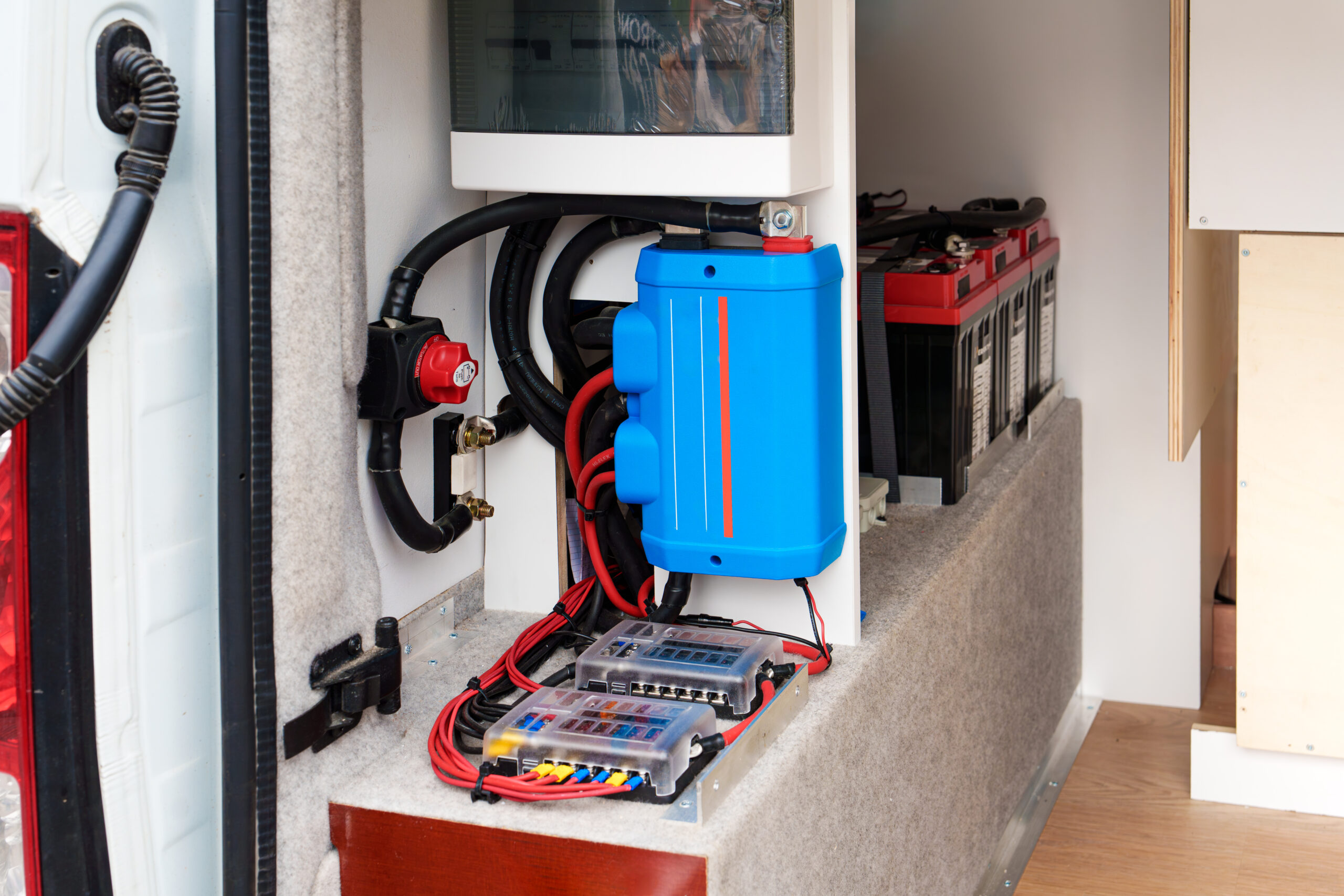Solar energy is essential for sustainable living, providing a clean and renewable power source. With the world’s increasing shift towards environmentally friendly practices, the importance of solar energy cannot be overlooked. Solar power reduces reliance on fossil fuels but also aids in combating climate change by lowering carbon emissions. By comparing the costs of various solar batteries in Canada, we can gain valuable insights into the affordability and accessibility of solar energy storage solutions. This analysis will illuminate the pricing structures and market dynamics, giving a comprehensive view of the solar energy landscape in North America.
Emphasizing the significance of solar batteries, these devices are pivotal in efficiently storing solar energy, thereby decreasing dependence on traditional power sources. By effectively harnessing and storing solar power, individuals and communities can optimize energy usage and contribute to a more sustainable future.
When examining solar battery prices in Canada, it becomes evident that various factors intricately shape the pricing landscape. The cost of solar batteries is influenced by many elements, with battery capacity, technology types, and market demand playing pivotal roles. Battery capacity, measured in kilowatt-hours (kWh), directly impacts the price of solar batteries. Higher capacity batteries can store more energy, thus commanding a higher price due to increased storage capabilities.
Moreover, the technology employed in solar batteries, notably lithium-ion batteries, significantly affects their prices. Lithium-ion batteries are widely favoured for their high energy density, longer lifespan, and faster charging capabilities than traditional lead-acid batteries. Lithium-ion batteries’ advanced technology and performance typically result in higher prices, reflecting their superior features.
Additionally, market demand plays a crucial role in determining solar battery prices in Canada. As the demand for renewable energy solutions continues to rise, the market for solar batteries experiences increased competition among manufacturers and suppliers. This competitive environment can influence prices, with fluctuations occurring based on supply and demand dynamics within the solar energy sector.
These factors collectively contribute to the intricate pricing structure of solar batteries in Canada, shaping the accessibility and affordability of solar energy storage solutions in the country.
Battery prices and the cost landscape in Canada are influenced by a unique set of factors specific to the Canadian market. Geographical considerations, market competition, and government policies play crucial roles in shaping the pricing dynamics of solar batteries in Canada.
Geographically, Canada’s vast landmass and diverse climate conditions impact the demand for solar energy systems and subsequently influence the pricing of solar batteries. Regions with higher solar exposure and energy demand may see increased competition among suppliers, potentially driving prices down due to market forces. On the other hand, remote or less sunny areas may face higher costs associated with transportation and installation, affecting the overall price of solar batteries in those regions.
Market competition in Canada also plays a significant role in determining solar battery prices. The presence of multiple suppliers and installers in the solar energy sector can lead to competitive pricing strategies, benefiting consumers by offering a range of options at different price points. Competition fosters innovation and efficiency in the market, ultimately influencing the affordability of solar batteries for Canadian homeowners and businesses.
Government policies and incentives further impact solar battery prices in Canada. Programs like the Renewable Energy Target and provincial rebates for solar installations can help reduce the upfront costs of solar batteries, making them more accessible to a broader audience. Policies promoting clean energy initiatives and carbon reduction goals also create a supportive environment for adopting solar energy systems, influencing pricing trends in the Canadian market.
These factors specific to Canada intricately shape the pricing landscape of solar batteries, reflecting the interplay between geographical conditions, market dynamics, and government interventions in the country’s evolving renewable energy sector.
There are popular solar battery brands in Canada. Some well-known options include Tesla Powerwall, LG Chem, and Sonnen. Here are the corresponding price ranges for these brands:
1. Tesla Powerwall: The Tesla Powerwall typically ranges from $7,000 to $ 9,500, depending on the capacity and installation requirements.
2. LG Chem: LG Chem solar batteries are priced between $6,000 and $8,000, depending on the model and specifications.
3. Sonnen: Sonnen offers solar battery solutions in Canada. Depending on the storage capacity and system features, prices range from $8,000 to $ 11,000.
Regarding provincial incentives or programs that encourage solar battery adoption in Canada, various initiatives exist to support renewable energy uptake and impact pricing. For example, provinces like Ontario, British Columbia, and Alberta offer rebates, tax credits, or net metering programs to help offset the cost of installing solar batteries. These incentives aim to make renewable energy technologies more affordable and accessible to residents, influencing the overall pricing and adoption rates of solar batteries in Canada.
A combination of geographical factors, market competition, and government policies shapes the pricing of solar batteries in Canada. The diverse climate conditions, competitive market landscape, and supportive regulatory frameworks all contribute to the fluctuating prices of solar batteries in the Canadian market. By considering these key factors and exploring the available incentives, consumers can make informed decisions about investing in solar energy systems and contributing to the transition towards sustainable energy practices.
In conclusion, this article highlighted the differences in solar battery prices. In Canada, brands like Tesla Powerwall, LG Chem, and Sonnen offer solar batteries ranging from $6,000 to $ 11,000, influenced by regional incentives and programs supporting solar energy adoption.
It is essential to consider the long-term advantages and environmental impacts of investing in solar batteries. The potential savings on energy bills, reduced carbon footprint, and available incentives can make it a sustainable and economically wise decision.
When contemplating solar energy solutions, seek advice from professionals. They can provide tailored guidance, conduct assessments, and assist in navigating available incentives to make informed choices.
Adopting solar batteries is crucial to sustainable energy practices, reducing carbon emissions, and fostering a cleaner future. Let’s continue championing sustainable energy solutions and embracing solar technology for a greener and more environmentally friendly world.




